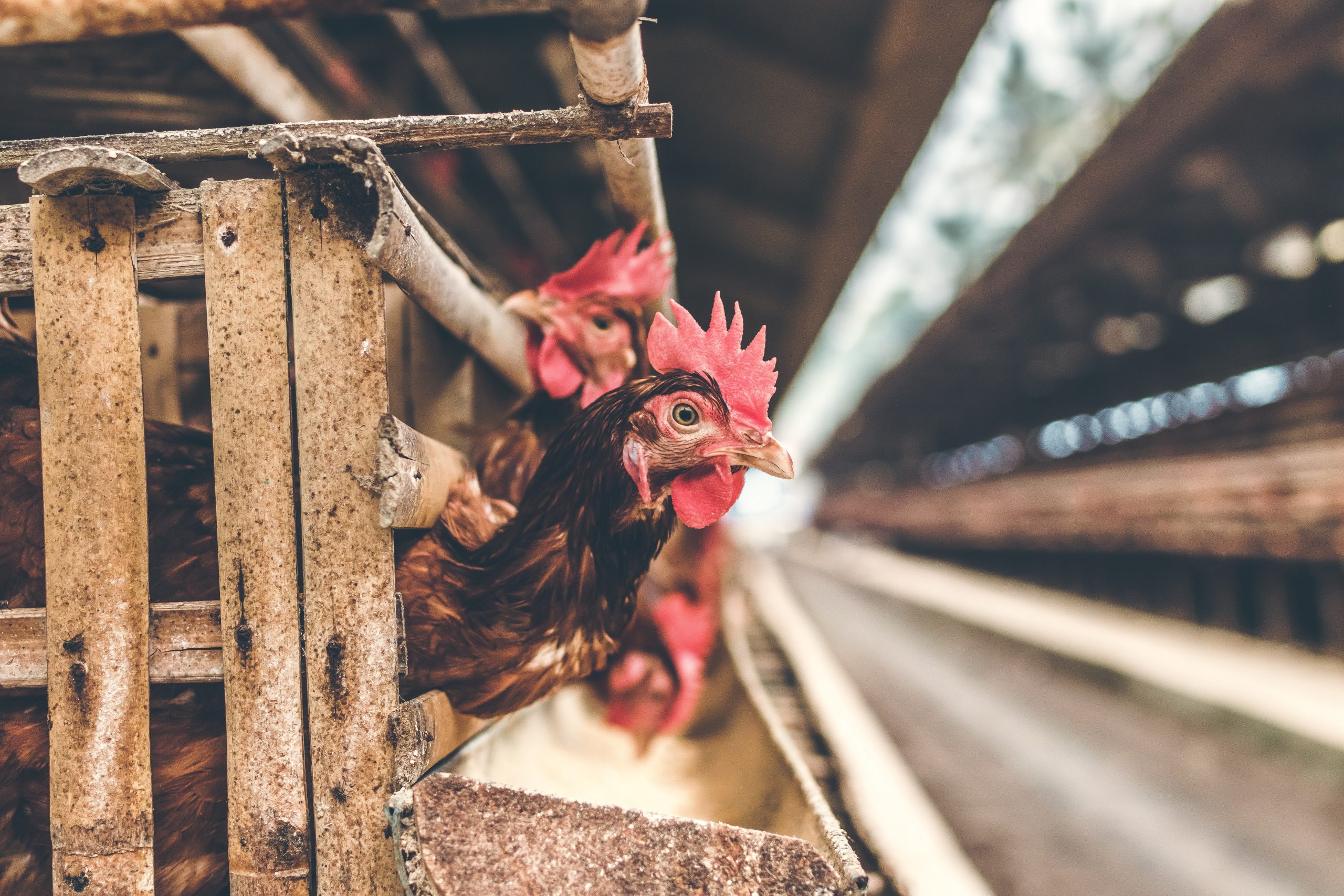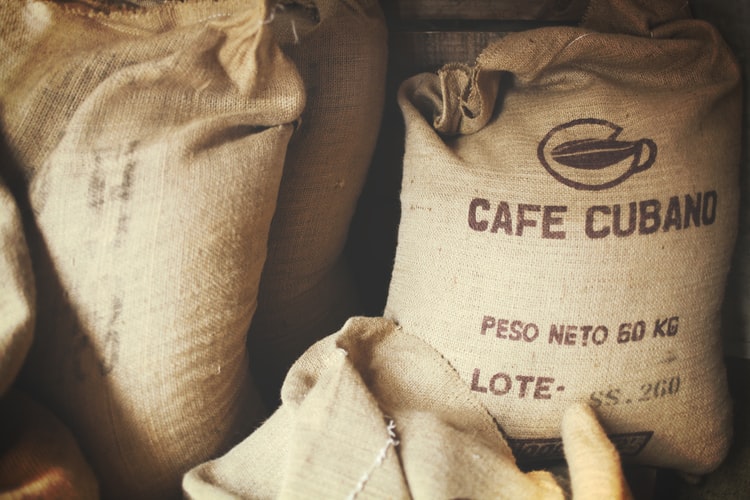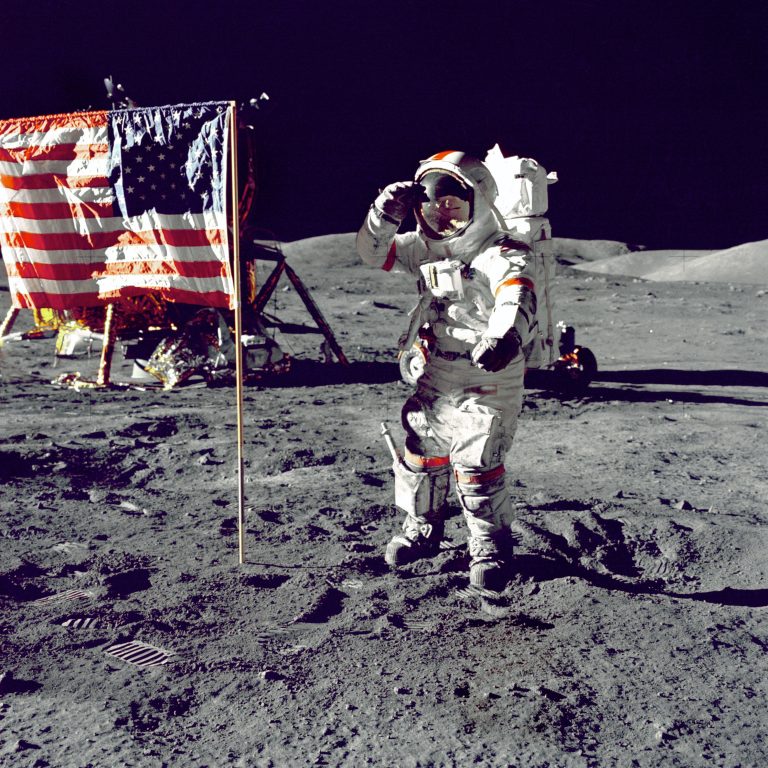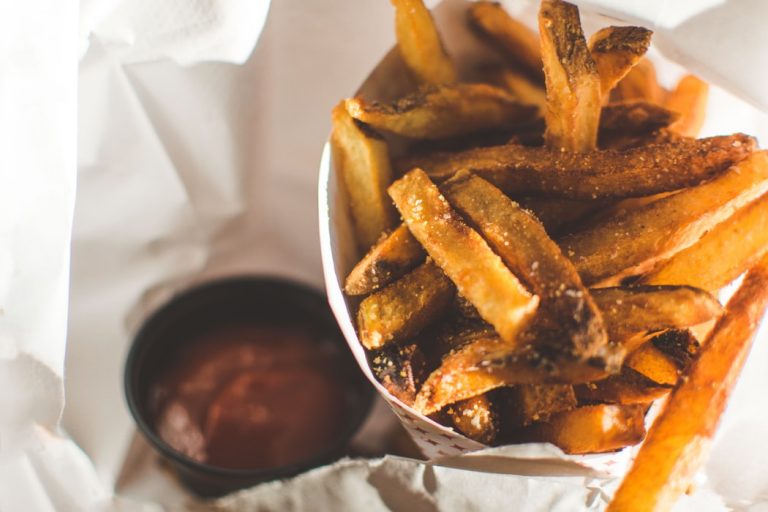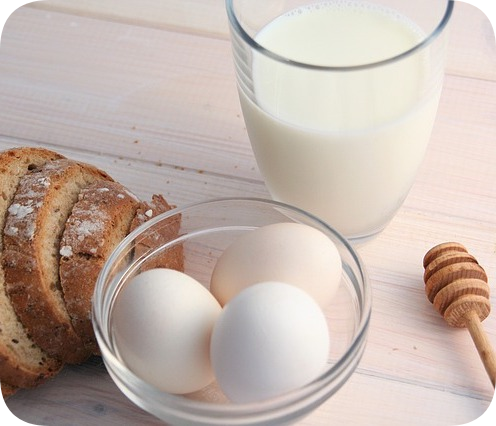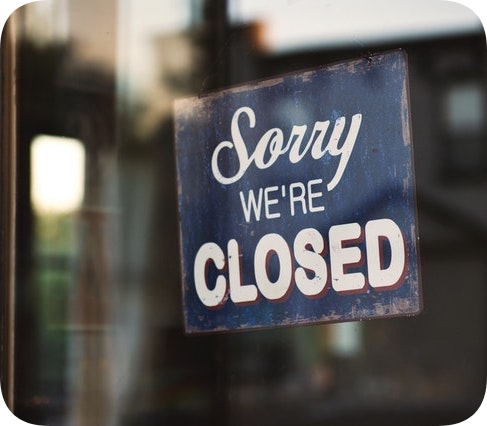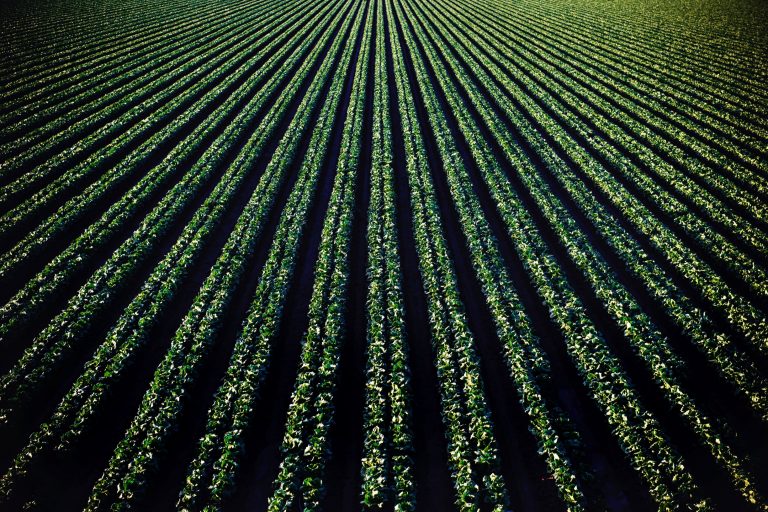Photo by Artem Beliaikin on Unsplash Production of boiler chickens (those raised for their meat, not eggs) in the US...
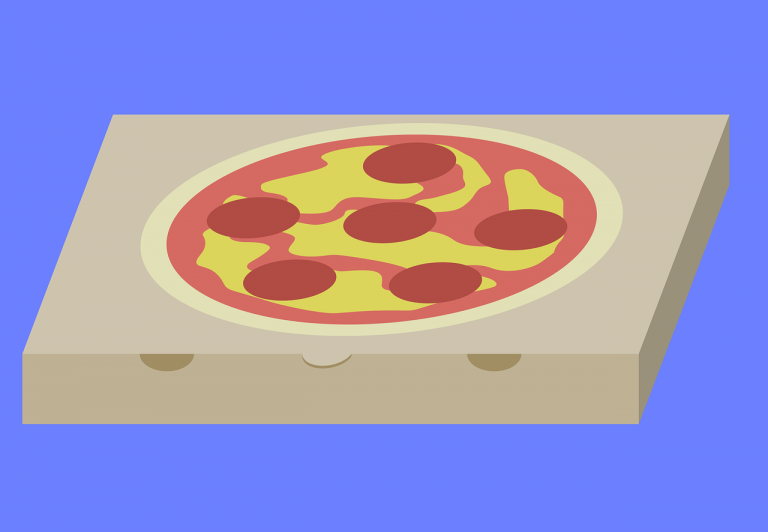
A pizza by any other name…
As social distancing orders forced restaurants to stop serving in their dining rooms, many transitioned to serving customers with take-out meals or delivery. Food delivery services like Grubhub, UberEats, and DoorDash have seen dramatic increases in customers and revenue. Although…

